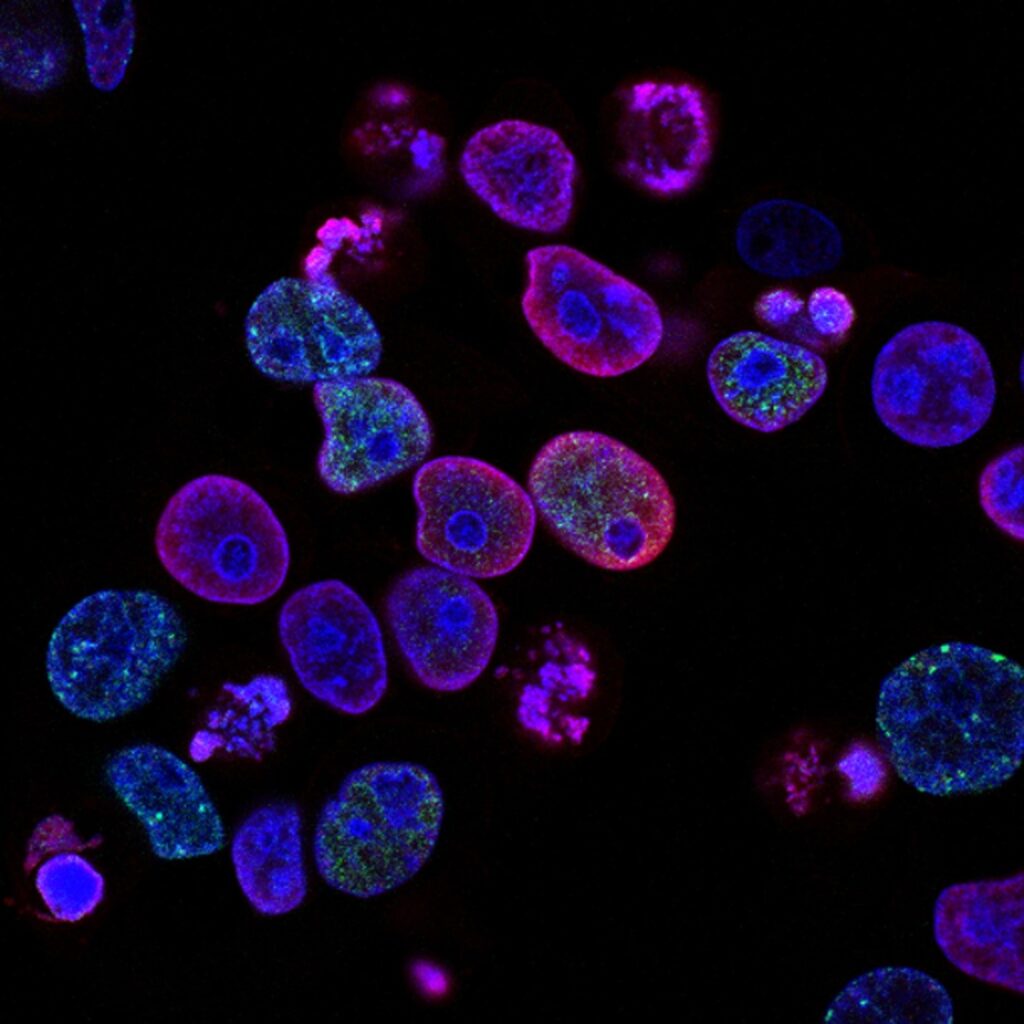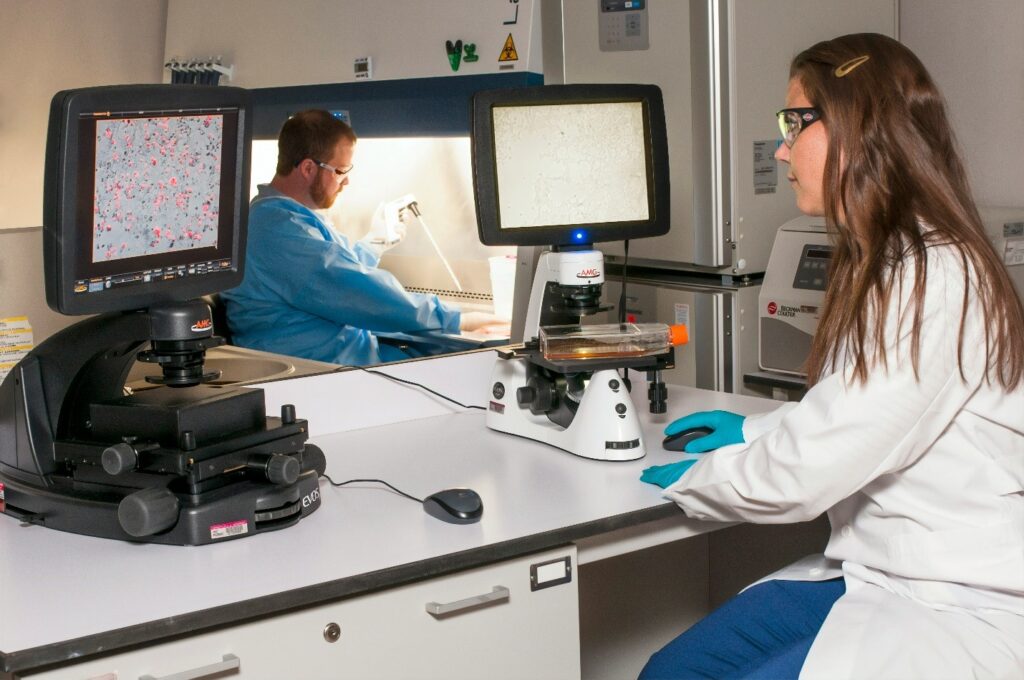The science of genetic medicine has made significant strides recently, and CRISPR-based medicines have emerged as a game-changing method of treating a variety of hereditary illnesses.
Thanks to a technique known as CRISPR (Clustered Regularly Interspaced Short Palindromic Repeats), human genes can now be edited and modified. The process was first identified as a bacterial defence mechanism against viruses. This discovery has paved the way for innovative therapies, by addressing the root causes of hereditary illnesses and offering hope to patients facing conditions once deemed incurable.
Utilizing a specialized mechanism, CRISPR technology enables precise and targeted gene editing within DNA sequences. The process involves guiding the CRISPR-associated protein (Cas) to the specific location on DNA where the intended genetic modification is carried out using a specifically engineered RNA molecule. Once at the target location, the Cas protein functions as molecular shears, enabling scientists to remove, insert, or modify particular genetic material.

Therapeutic Applications for Genetic Diseases include:
1. Gene Correction: CRISPR has shown significant potential in correcting mutations responsible for hereditary illnesses. CRISPR can be used to fix a defective gene and restore normal cellular function in disorders like sickle cell anaemia and cystic fibrosis that are caused by a single gene mutation. This approach could offer a one-time, long-term solution for these conditions.
2. Gene silencing: To lessen the consequences of some hereditary illnesses, CRISPR technology can also be used for gene silencing, which involves turning off particular genes. This strategy is especially applicable in situations where the overexpression of a certain gene accelerates the course of a disease. CRISPR can help reduce symptoms and enhance patient outcomes by silencing these genes.
3. Gene Therapy for complicated conditions: CRISPR has demonstrated potential in treating complex conditions like certain cancers and neurological diseases, that have a complicated genetic foundation. This goes beyond monogenic diseases. Treating these disorders more thoroughly is made possible by the capacity to target numerous genes at once.
4. In Vivo Applications: Advancements in CRISPR techniques now permit direct gene editing within the patient’s body, known as in vivo applications. This strategy reduces the requirement for invasive treatments and raises the possibility of its broad application in medical environments.

Even while CRISPR-based treatments present intriguing opportunities, difficulties and moral dilemmas still exist. Concerns persist about off-target effects, unintended modifications of unrelated genes during the editing process. Additionally, thorough investigation and clinical studies are required to answer concerns regarding the long-term safety and effectiveness of CRISPR therapy.
Furthermore, thorough analysis and public consensus are required because to the ethical concerns regarding germline editing, which involves changing genes that can be passed on to future generations. It is essential to strike a balance between increasing scientific understanding and making sure that this potent technology is used responsibly.
Genetic illness treatments are undergoing dramatic changes due to advancements in CRISPR-based therapeutics. Gene editing, silencing, and other gene-related technologies provide new avenues for targeted and personalised therapy.The hope is that, with ongoing research and technological progress, CRISPR-based therapeutics will become more sophisticated, secure, and widely accessible, offering effective cures for various genetic abnormalities and improving the lives of many.
Sources
- https://lifesciencesintelligence.com/features/10-ways-crispr-advancements-are-reshaping-healthcare#:~:text=CRISPR%2DCas9%20%E2%80%94%20adapted%20from%20a,fibrosis%20or%20sickle%20cell%20anemia.
- https://www.ncbi.nlm.nih.gov/pmc/articles/PMC7150498/
- https://www.labiotech.eu/best-biotech/crispr-technology-cure-disease/
- https://www.bu.edu/khc/files/2018/10/CRISPR-Ethics-reading.pdf
- https://www.ncbi.nlm.nih.gov/pmc/articles/PMC4641494/




